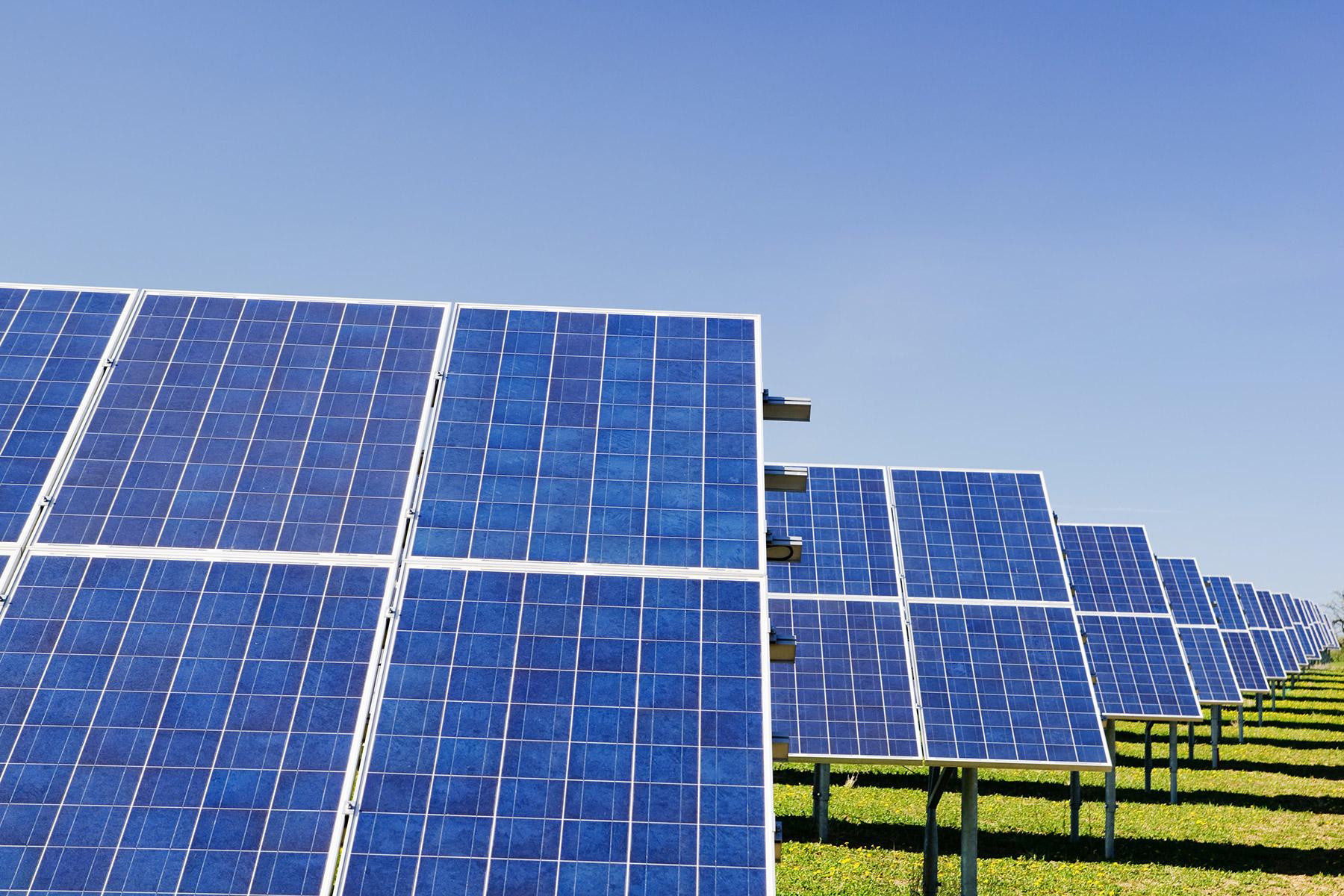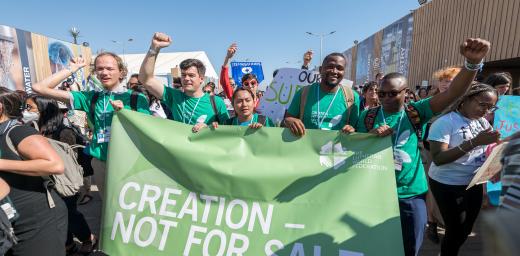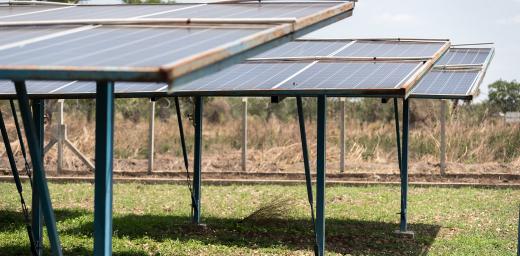Climate justice: “Immediate and inclusive action needed”

The renewable energy supply plays an essential role in reducing greenhouse gas emissions and limiting global warming. Photo: Zbynek Burival, UnplashÂ
IPCC report on “Mitigation of Climate Change” presented
(LWI) – The window of opportunity to limit global warming to 1.5 degrees Celsius is almost closed. “We need immediate and inclusive climate action to keep 1.5 alive,” said Elena Cedillo, Program Executive for Climate Justice at The Lutheran World Federation (LWF).
Earlier this week, the United Nations Intergovernmental Panel on Climate Change (IPCC) published its 2022 report “Climate Change 2022 – Mitigation of Climate Change”. One of its key findings is that global greenhouse gas emissions must be reduced by 43 percent by 2030 and that mitigating climate change is only possible if the right policies, infrastructure, and technology are in place.
The IPCC report calls for immediate action to cut emissions drastically, phase out all fossil fuels, and scale up energy efficiency, renewable energy, and electrification. Also, the conservation and restoration of forests and lands are needed.
The IPCC report recommends that governments put policies in place that provide access to clean technology and renewable energy to all. In addition, energy networks should be decentralized. “This presents the opportunity to democratize renewable energy production and create an opportunity for new business models around renewable energy and job opportunities, including for those at the bottom tier of the income pyramid”, Cedillo added.
“In terms of the LWF’s work, this means supporting churches in the global south to become greener churches,” said Cedillo.
Finance is critical to reducing net greenhouse gas emissions and enhancing resilience to climate impacts. Yet, the report states that public and private fossil-fuel-related financing is of great concern and hampers progress toward low-carbon economies. Also, up to six times the amount of finances currently dedicated towards adaptation and mitigation of climate change is needed by 2030 to limit global warming below 2 degrees Celsius.
The report presents solutions across all sectors and shows significant potential for emission reductions in the energy sector, transport sector, urban planning, and cities, restoring forests and lands, and demand and services.
“As individuals, we can make a difference by changing our consumption behavior and lifestyles and using every potential to reduce global emissions,” Cedillo said. “Collectively, we can make climate-friendly organizational choices. Finally, we can engage at the political level, advocating for climate justice through laws and structures.”
The LWF has been advocating for climate justice since the 1970s. At its Twelfth Assembly in Windhoek, Namibia, in 2017, it called on the global communion to strengthen its efforts toward climate justice.
By LWF/A. Weyermüller





